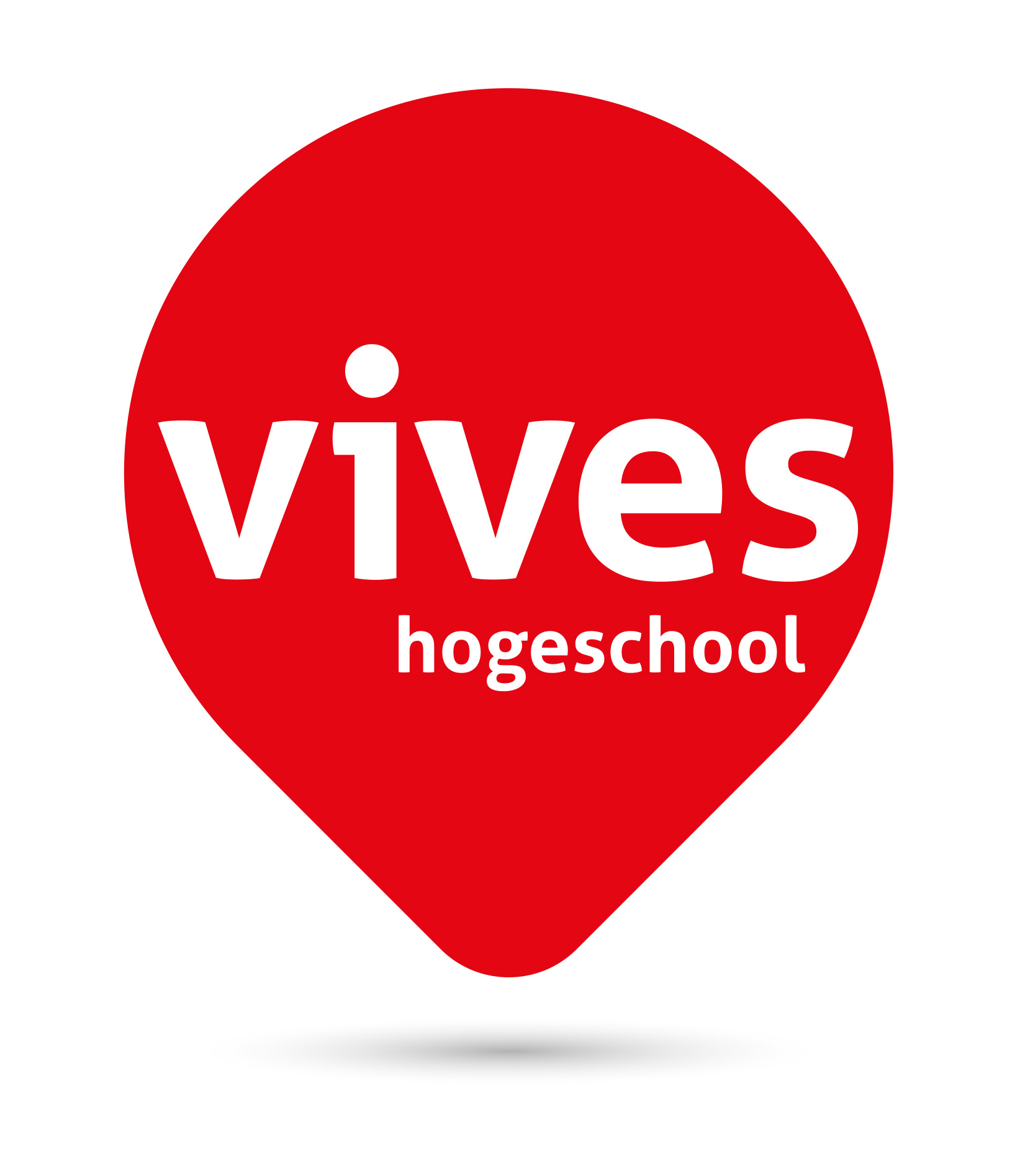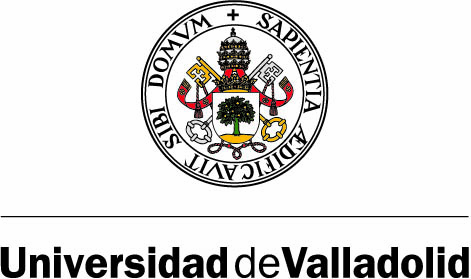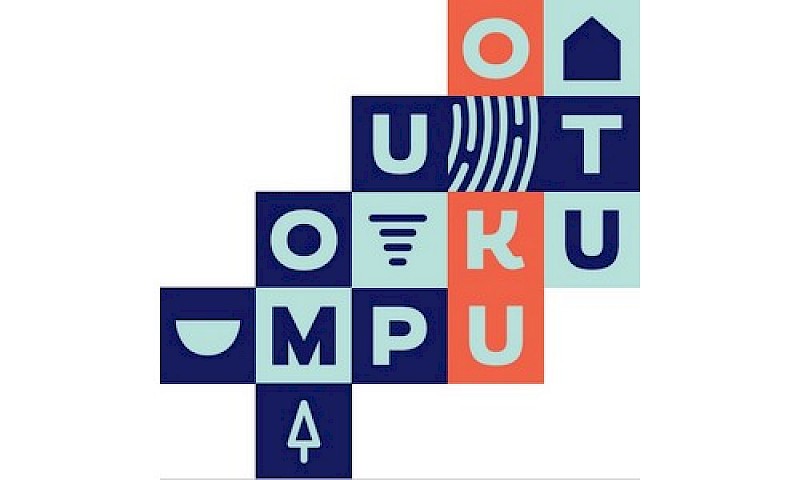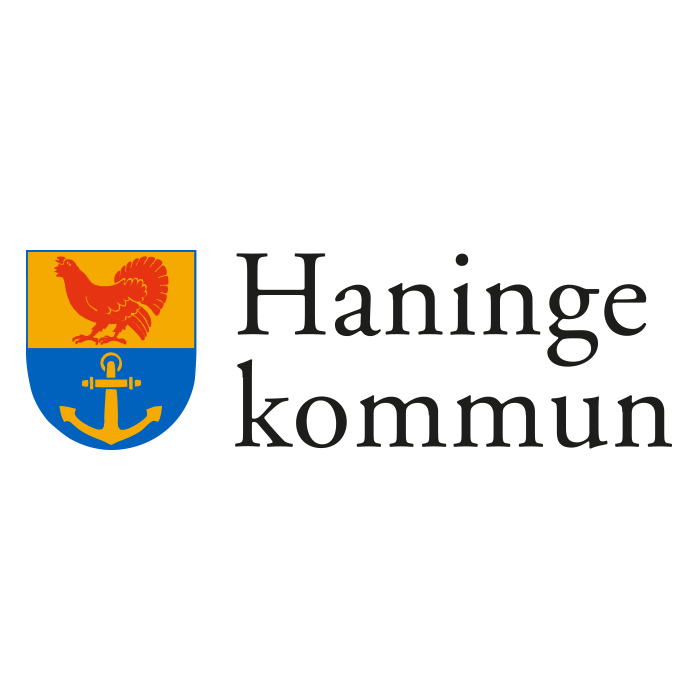
STEAM-CT, No. 2019-1-BE02-KA201-060222
In education, computational thinking is a set of problem-solving methods that involve expressing problems and their solutions in ways a computer could execute (Wing, J, 2014). Computational thinking can be used to algorithmically solve complex problems in a very efficient way (Repenning, A. et al, 2010). Besides critical thinking, creativity, communication and collaboration, computational thinking can be seen as an important part of 21st century learning. At this moment the importance of ‘computational thinking’ is still underestimated in curricula for elementary and even secondary education throughout Europe.
About the project
The aim of the project is to strengthen teaching and learning computational thinking skills from preprimary to lower secondary (3 years-14 years old) by integrating the learning of these skills within ‘real life’ STEAM contexts. The integrated approach of STEAM will help to make computational thinking more concrete and connected to the real-world and therefore more understandable for children. The focus will be on the process of problem-solving instead of the use of (expensive) technological tools and materials. So teachers will be supported to teach ‘computational thinking’ with easily applicable and accessible materials and tools.
The partnership is a combination of universities (teacher training) and primary and secondary schools which means that the consortium will stimulate the cooperation of researchers and practitioners, which is one of the key elements of educational design research. The Universities are the University College of Vives of Belgium, the Universidad de Valladolid of Spain and Vilniaus Universitetas of Lithuania. 21 Knowledge, Unipessoal Lda of Portugal is a training center. The innovative primary and secondary schools are Vendelsömalmsskolan from Sweden, Kummun koulu Outokummun kaupunki from Finland, GO! basisschool Ter Elzen Wijtschate from Belgium, Laude Fontenebro School from Spain and Istituto Comprensivo Statale "G.Giardino" from Italy. The partnership between universities and primary and secondary schools is a perfect foundation for carrying out 'design-based research' since researchers work together with pilot teachers (Mc Kenney & Reeves, 2012). This leads to a shared theoretical understanding and a strong implementation and dissemination of the developed materials.
In this project the first aim is to develop a didactic model to help teachers to teach ‘computational thinking’ to all children. The STEAM-CT-model will show that 'computational thinking' is not an isolated topic in the curriculum but that instead it needs to be integrated (Result 1). Therefore the didactic model will be accompanied by a learning line for computational thinking skills, starting from pre primary till lower secondary school settings (3y-14y old). Based upon the didactic model, a STEAM-CT-scan will be developed (result 2). This tool will provide transparent and easy to use guidelines on how to build and assess the STEAM-CT-projects and the model with integration of computational thinking skills. The tool can also be used to recognize and scan suitable STEAM-CT projects. In order to illustrate the model and its learning line, and based upon the STEAM-CT-scan, 20 good practices will be developed within 10 different STEAM contexts, which are meaningful for children and teachers (result 3). Examples of contexts can be linked to the city, the environment, space, energy, communication, transport, household, ... .
The projects will be developed and tested in cooperation with pilot teachers from the different partner countries. The didactic model, the STEAM-CT-scan and the learning line with STEAM-CT-projects will be presented on a web platform (result 4). This web platform will be an open access platform that will also be a learning environment as it offers concrete teaching guidelines for implementing good practices into the classroom practice and to develop STEAM-CT-projects on their own. The different outcomes will be used during several training activities organized by the partnership during the project period (result 5). Also online courses (e-course) will be available and will give access to the outputs of the project for teachers, teacher trainers, STEAM educators,…
Project consortium
Coordinator:
 |
The University College of Vives |
Partners:
 |
Vilnius university http://www.vu.lt |
 |
University of Valladolid http://uva.es |
 |
Laude Fontenebro School https://www.laudefontenebro.com |
 |
Kummun koulu Outokummun kaupunki www.outokummunkaupunki.fi |
 |
GO! basisschool Ter Elzen Wijtschate www.bsterelzen.be |
 |
21st Knowledge, Unipessoal Lda http://21knowledge.pt |
 |
Istituto Comprensivo Statale “G. Giardino” https://www.icmussolente.it/ |
 |
Vendelsömalmsskolan https://vendelsomalmsskolan.haninge.se/ |
Modules (Intellectual Outputs)
IO1 Didactic model and learning line computational thinking integrated in STEAM
IO2 STEAM-CT-scan
IO3 STEAM-CT-projects
https://www.steam-ct.org/projects-age-group1
IO4 STEAM-CT web platform with e-learning course
https://www.steam-ct.org/online-course
